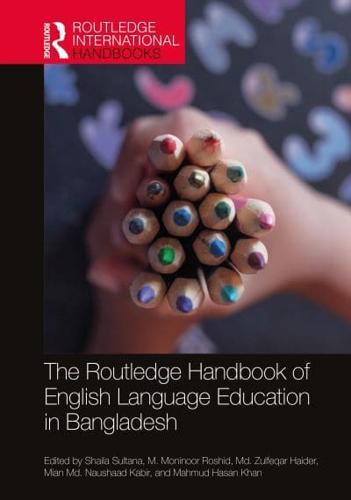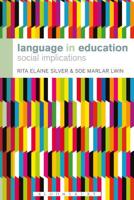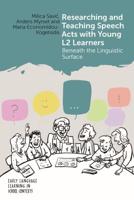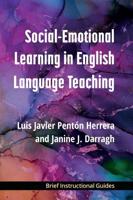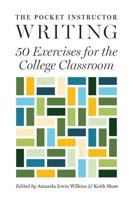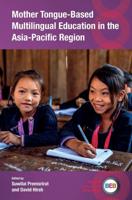Publisher's Synopsis
This Handbook is a comprehensive overview of English language education in Bangladesh. Presenting descriptive, theoretical, and empirical chapters as well as case studies, this Handbook, on the one hand, provides a comprehensive view of the English language teaching and learning scenario in Bangladesh, and on the other hand comes up with suggestions for possible decolonisation and de-eliticisation of English in Bangladesh.
The Handbook explores a wide range of diverse endogenous and exogenous topics, all related to English language teaching and learning in Bangladesh, and acquaints readers with different perspectives, operating from the macro to the micro levels. The theoretical frameworks used are drawn from applied linguistics, education, sociology, political science, critical geography, cultural studies, psychology, and economics. The chapters examine how much generalisability the theories have for the context of Bangladesh and how the empirical data can be interpreted through different theoretical lenses.
There are six sections in the Handbook covering different dynamics of English language education practices in Bangladesh, from history, policy and practice to assessment, pedagogy and identity. It is an invaluable reference source for students, researchers, and policy makers interested in English language, ELT, TESOL, and applied linguistics.
